Helping Seniors Recover Faster After Injuries
Recovering from injuries can take a while, especially for seniors aged 60 and above. As we get older, our bodies tend to heal more slowly. But here's some good news: if seniors regularly exercise, they can speed up their recovery from illnesses or injuries. This means it's never too late for seniors to enjoy the benefits of exercise.
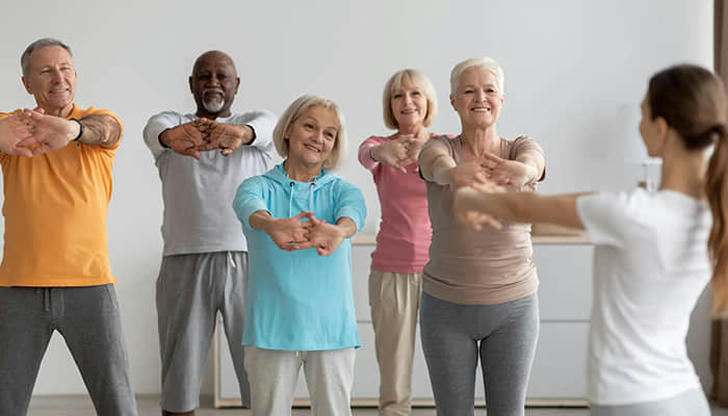
Injuries are tough for everyone, and for seniors, it can be even harder to bounce back. Most older adults focus on getting back on their feet after an injury, not realizing there are helpful tips to fully recover. Working with an injury rehabilitation specialist can make a big difference in how fast seniors recover mentally, emotionally, and physically. This article will explore how to help seniors recover more quickly from injuries.
Strategies for Seniors to Recover Faster
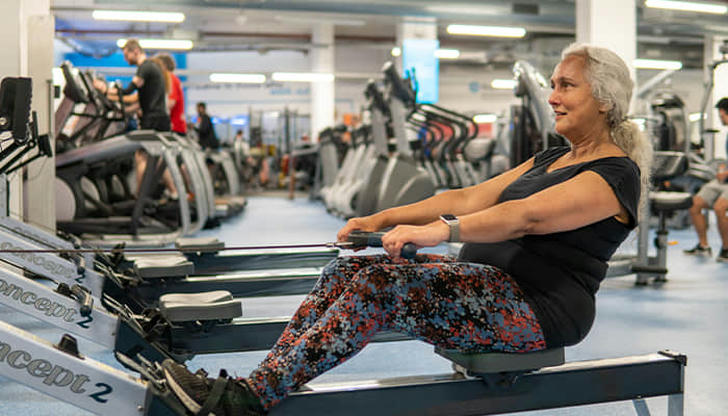
Understanding the Injury:
It's crucial to know exactly what the injury is to recover faster. This helps seniors understand how long it will take to heal, what exercises can speed up recovery, and what activities to avoid. Consulting an experienced physiotherapist for a precise diagnosis is essential. Focus on reducing pain, restoring functionality, and improving overall quality of life during recovery. Training with an injury rehabilitation specialist can help seniors achieve these goals through restorative strength training services.
Staying Active:
After an injury, staying physically active is crucial for seniors. Keeping up cardiovascular fitness during recovery is important. Starting with low-impact activities like brisk walking can be enough to keep the body moving. Various exercises targeting muscle strength and balance can further speed up the recovery process.
Mindful Recovery:
Recovery isn't just physical; it involves mental and emotional aspects too. Practices like meditation can reduce stress and boost the immune system. Surrounding oneself with a supportive network, keeping an eye on mood, and engaging in daily activities that promote well-being contribute to a holistic recovery.
Strength Training for Recovery: Injuries, especially falls, can set back fitness goals. However, a well-planned recovery, including strength training exercises, can speed up the process of regaining mobility.
Easy Strength Training Exercises for Seniors
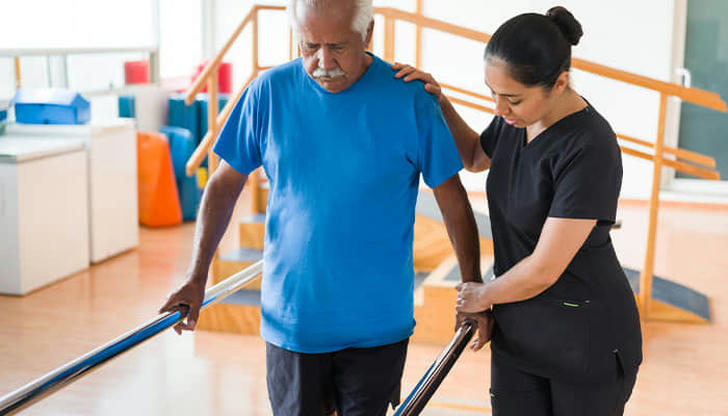
Wall Push-Ups:
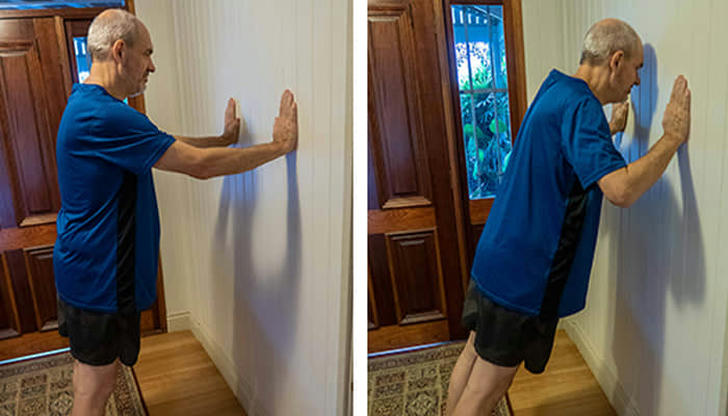
A modified version of traditional push-ups, wall push-ups involve facing a wall with hands placed shoulder-width apart. Leaning the body forward, palms flat against the wall, seniors can repeat this exercise up to 10 times, gradually increasing intensity.
Brisk Walks:
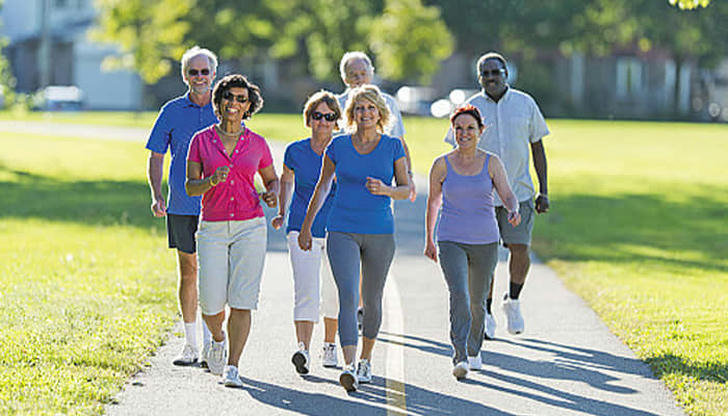
For those not ready for high-intensity exercises, brisk walking is an excellent option. Starting with walks in the neighborhood, seniors can progress to more intense workouts as they recover.
Chair Squats:
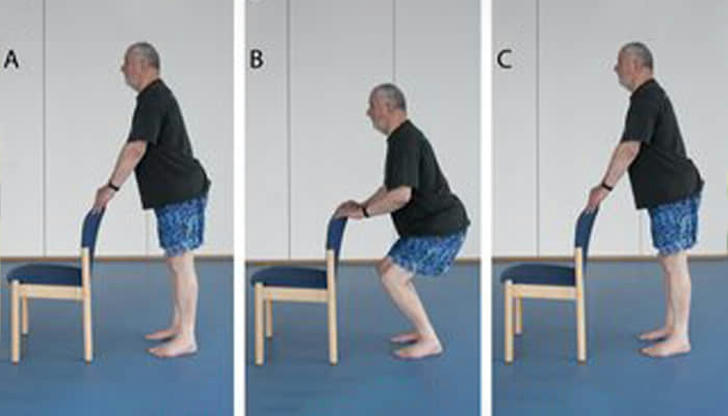
This exercise involves sitting and standing from a sturdy chair. Seniors can gradually increase the number of repetitions as they regain strength. Chair squats help in building leg muscles, crucial for stability and balance.
Leg Raises:

While lying on the back, seniors can lift one leg at a time, keeping it straight. This exercise targets the abdominal and hip muscles, promoting core strength. It can be adapted to different difficulty levels based on individual progress.
Comprehensive Support for Senior Recovery

To regain mobility and an active fitness after an injury, talking to an injury rehabilitation specialist is important. Embrace the path to expedited recovery and rediscover mobility and vitality with the support of a certified professional.
As seniors navigate the recovery process, having personalized plans is crucial. Each senior's journey is unique, influenced by factors like the type of injury, existing health conditions, and individual fitness levels. Working with healthcare professionals ensures a plan designed to address unique needs.
Recovery is not just about the body; it involves the mind and emotions too. Seniors should approach recovery holistically, understanding the connection between physical, mental, and emotional well-being. Engaging in activities that bring mental clarity, emotional resilience, and physical strength contributes to a more effective recovery.
Good nutrition is vital for recovery at any age, and for seniors, it's even more important. A balanced and nutrient-rich diet supports the body's healing processes, providing the vitamins and minerals necessary for optimal recovery. Seniors should focus on foods that promote bone health, muscle repair, and overall well-being. Consulting with a nutritionist or dietitian can help develop a personalized nutrition plan for recovery.
As we conclude, the last word is a simple yet powerful reminder – the path to recovery for seniors is a holistic one, encompassing physical, mental, and emotional well-being.

